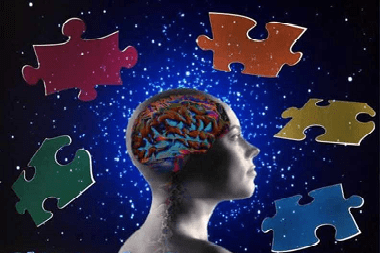Mental health problems >>>> Memory confabulation
Memory confabulation.

Memory confabulation is the property of memory to synthesize false memories at moments when gaps are formed in memory, for example, in various diseases (mental illness, diseases caused by degenerative brain cell damage or trauma) accompanied by amnesia. Sometimes confabulations occur in the absence of amnesia.
A person subject to confabulation recalls events or details of events that never happened to him. False memories, as a rule, affect the everyday and professional sphere of a person's life. Often such memories can be fantastic, unreal from the point of view of common sense. Memory confabulations can confuse the person himself, due to the fact that he perceives false memories as real.
Depending on what is the true reason for the formation of false memories, there are several types of memory confabulation:
- Delusional - associated with mental disorders and delusional ideas;
- Suggestive - provoked by suggestive clues;
- Mnemonic - caused by memory disorders of varying severity;
- Oniric - inspired by dreams;
- Expansive - are generated by ideas of superiority, giftedness;
- Exnestic - associated with amnesia and returning to the past, up to a decrease in a person's age.
Treatment of memory confabulations is difficult due to insufficient knowledge of memory mechanisms. Usually, neuropsychological rehabilitation measures are performed to restore normal brain function, which include:
- psychological support for a patient with such a memory disorder,
- treatment of diseases that have become a possible cause of amnesia,
- adherence to sleep patterns,
- elimination of stress (emotional, intellectual),
- memory training exercises,
- exclusion from the use of substances that have a detrimental effect on memory processes (alcohol, drugs, drugs that depress the activity of the central nervous system).

Read

Read



























